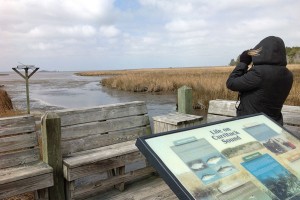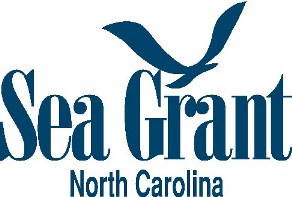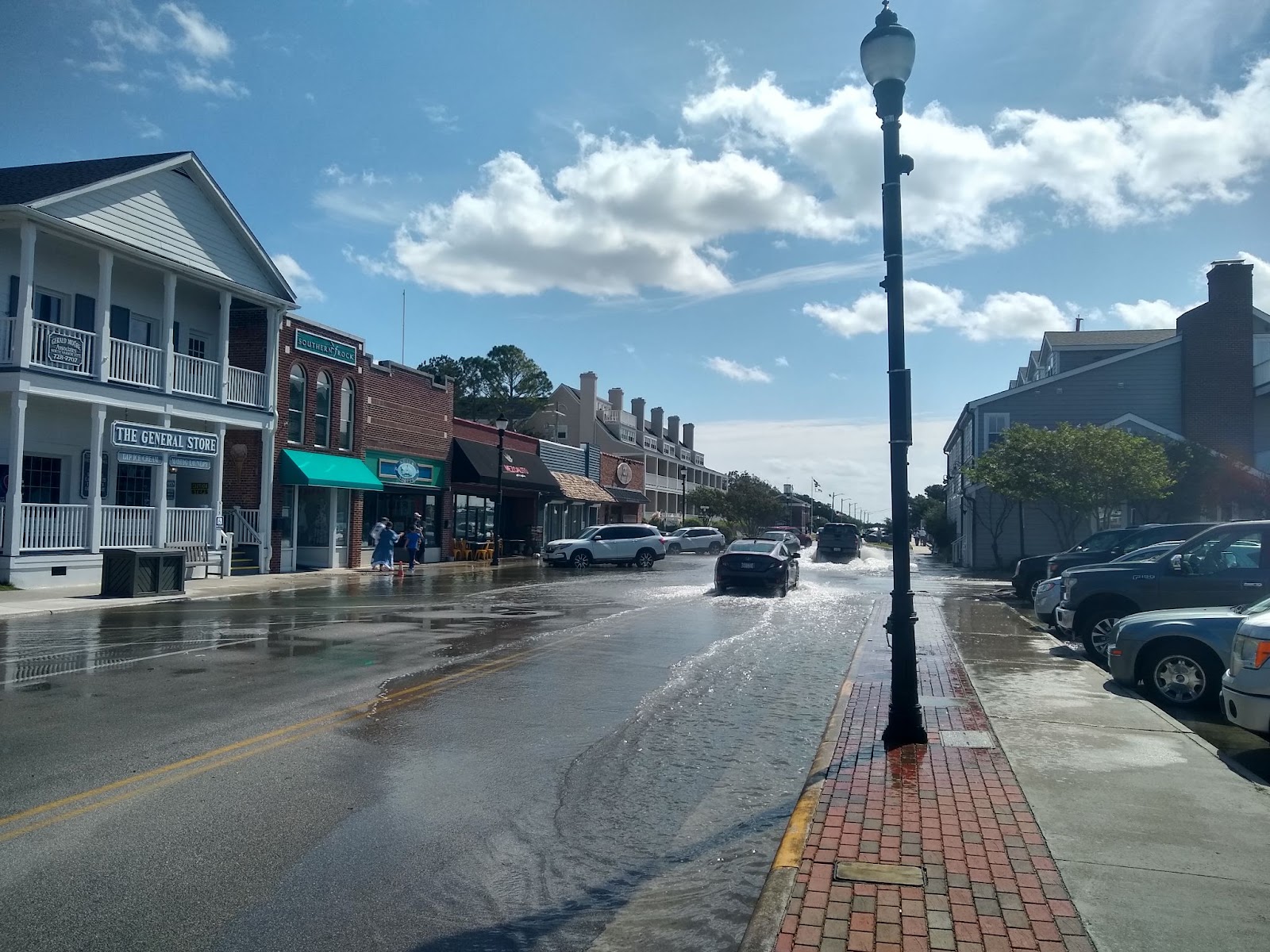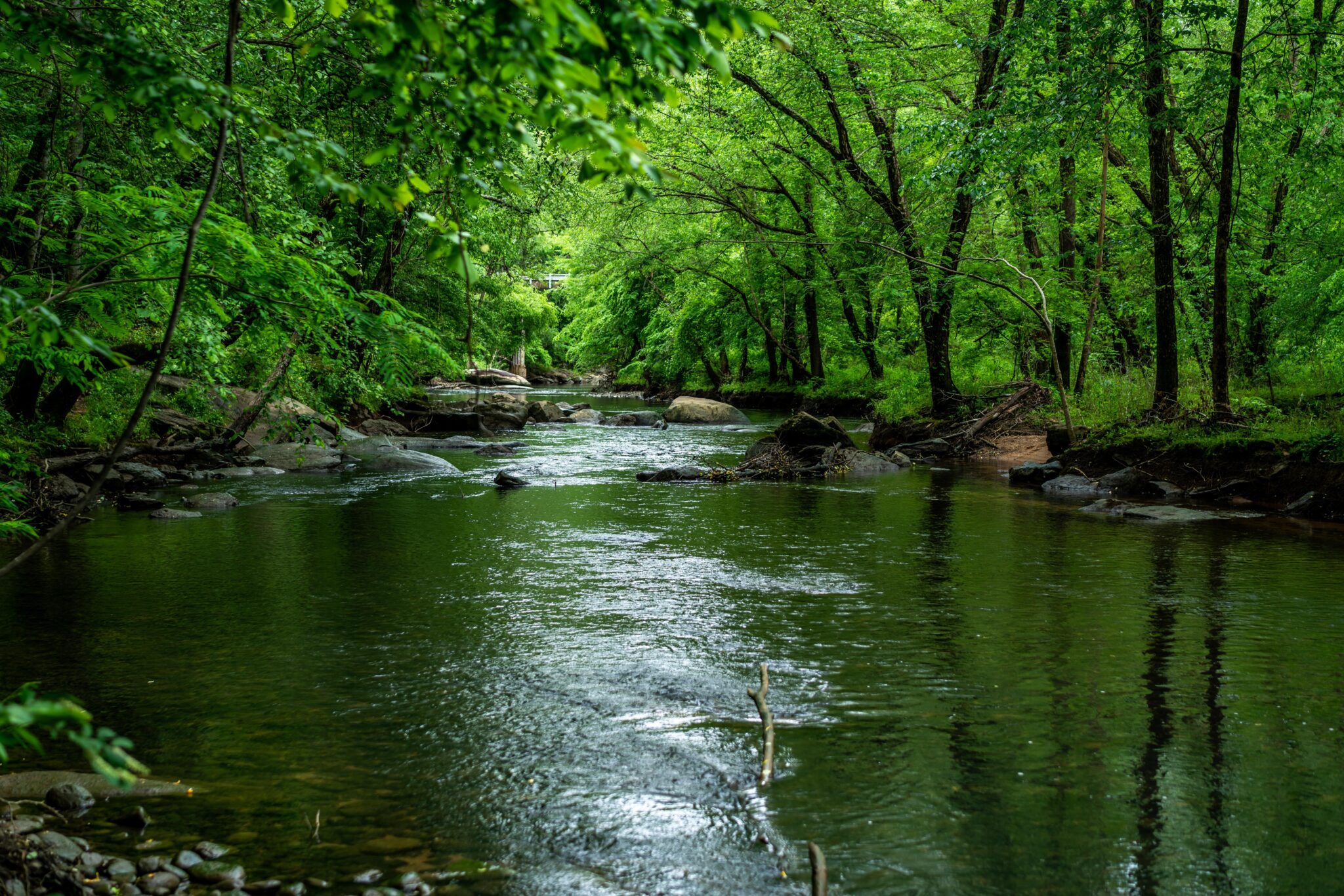New Research Projects Focus on Coastal Community Collaborations
FOR IMMEDIATE RELEASE
Contact:
Katie Mosher, North Carolina Sea Grant, 919-515-9069, kmosher@ncsu.edu
Updated Thursday, April 7, 2016. Jane Harrison is also a collaborator on the Cape Shark Project.
Originally posted Wednesday, April 6, 2016.

Four community-based collaborations will start this spring thanks to a new partnership between North Carolina Sea Grant and the William R. Kenan Jr. Institute for Engineering, Technology and Science at NC State University.
“We are pleased with the variety of topics, as well as the strong participation of partners from throughout the coastal region,” notes Raj Narayan, associate director of the Kenan Institute. “They fit well with our goal to develop partnerships dedicated to advancing science, engineering and technology as a force in improving economic and social well-being.”
The North Carolina Sea Grant Community Collaborative Research Grant Program leverages institute support with matching funds from Sea Grant. “We had a strong set of applications that offered creative problem-solving approaches to environmental, economic and educational issues,” explains Susan White, Sea Grant executive director.
“The selected projects include partners from local, state and federal agencies, coastal businesses and nonprofit organizations, along with university-based researchers. We anticipate these new efforts will be the start of ongoing collaborations.”
The new projects and their respective partners are:
Spatial and Biogeomorphic Properties of Oligohaline Marshes in Currituck Sound: Implications for Response to Sea-Level Rise
James “Bo” Dame of Chowan University, with Heather L. McGuire of Chowan, along with Brandon Puckett of the North Carolina Coastal Reserve and Robbie Fearn of the National Audubon Society
The team will provide a spatial analysis of back-barrier marshes along two protected areas in Currituck Sound: Currituck Banks Reserve, part of the North Carolina National Estuarine Research Reserve, and Audubon’s Pine Island Sanctuary. Undergraduates will help compare the two dominant types of marshes. The results would add to relevant data for management decisions at the two sites, as well as for other locations in the unique Currituck Sound area. The team also will develop informational kiosks and share data online via sites such as the N.C. Coastal Atlas.
Cape Shark Project
Evan Ferguson of Cape Hatteras Secondary School, along with Jeffrey Aiken of Jeffrey’s Seafood, and Rev. Richard Joyner of the Conetoe Family Life Center
This project will offer a demonstration of a “sea to school” supply chain that would provide cape shark, also known as dogfish, to the Cape Hatteras Secondary School as a lunch menu item. The team will consider costs, as well as production capacity from the fish dealer, preparation capacity in the school kitchen, and response from the cafeteria patrons. In addition, a related STEAM curriculum — science, technology, engineering, arts and mathematics — will be developed for the Cape Hatteras school as well as partners at the Conetoe Family Life Center in Edgecombe County. Barry Nash and Jane Harrison, both of North Carolina Sea Grant, are also collaborators on the project.
Quantifying and Communicating the Function of Restored Estuarine Habitats
Michael F. Piehler of the University of North Carolina at Chapel Hill’s Institute of Marine Science, with Pat Donovan-Potts of the City of Jacksonville, Carolyn Currin of the NOAA National Ocean Service, Jennifer Dorton of the N.C. Sentinel Site Cooperative and Susan Cohen of U.S. Marine Corps Base Camp Lejeune
Wilson Bay in Jacksonville, home to the Sturgeon City educational center, will be the site of this combined research and outreach project. The team will evaluate ecosystem services of estuarine restoration projects there, and use the existing projects and new data as an educational platform for new K-12 programs, as well as for other targeted audiences. The varied partners anticipate the research results also will be a “proof of concept” for using marsh and oyster restoration in urbanized settings to achieve water quality and shoreline stabilization goals. This fully integrated program of science and education not only will provide important data, but also will educate residents of all ages who are vested in the local waterways.
The 1997 Fisheries Reform Act: An Oral History Perspective
Susan West of Buxton, with Jimmy Johnson of the Albemarle-Pamlico National Estuary Partnership, Sandra Davidson of Bit & Grain, Mary Williford of the Southern Historical Collection at UNC-CH, Barbara J. Garrity-Blake of Duke University Marine Lab, and Karen Amspacher of the Core Sound Waterfowl Museum and Heritage Center
The landmark 1997 N.C. Fisheries Reform Act changed how fisheries are managed in the state. To mark the 20th anniversary of the law, this project will collect perspectives on the development of the law that would set the framework for mandated fisheries management and coastal habitat protection plans, restructuring of commercial fishing licenses, and development of a recreational fishing license. The team also will gather perspectives on the implementation and impacts of the act. The partners will conduct about a dozen in-depth interviews with representatives of agencies and organizations involved in the fisheries and habitat topics. Their results, including transcriptions, will be shared not only via the participating partners program but also through a NOAA oral history program and the Coastal Voices website and YouTube channel.
John Fear, North Carolina Sea Grant’s deputy director, notes that all four projects offer new perspectives on coastal issues. “We look forward to following the progress of these research efforts, as well as the resulting outreach to varied audiences.”


###
North Carolina Sea Grant: Your link to research and resources for a healthier coast
- Categories:


